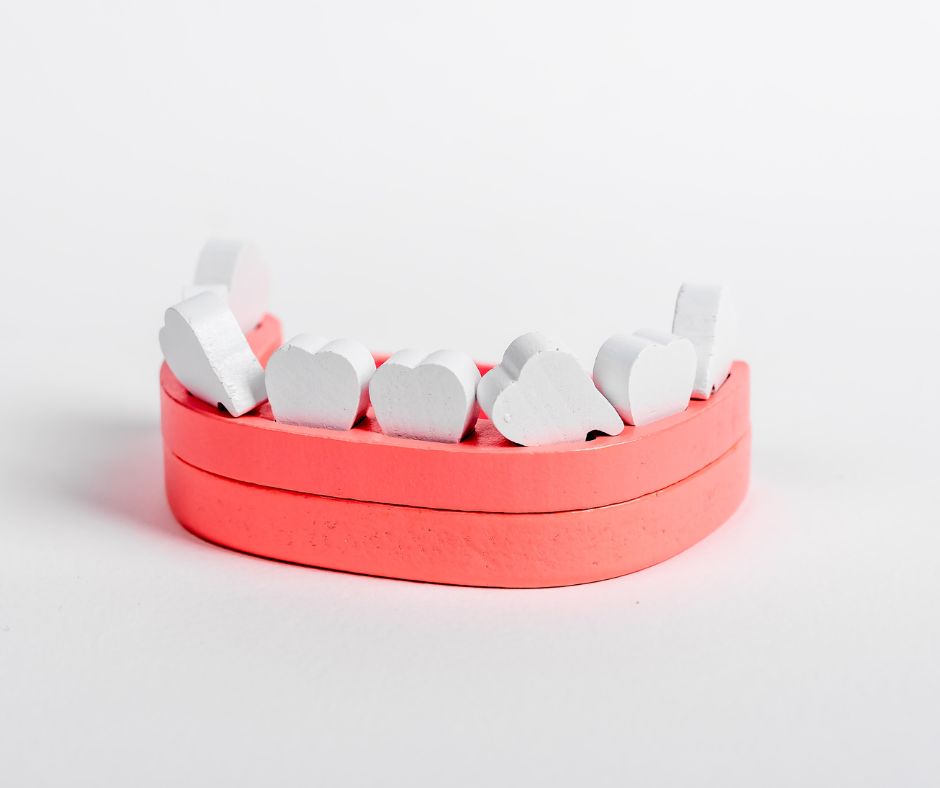What Health Problems Can Crooked Teeth Cause?

Health Risks of Crooked Teeth
With crooked teeth, it is harder to brush and floss. This leaves room for bacteria to accumulate in uneven spaces. The misalignment of your teeth makes it harder for the toothbrush to reach every nook and corner of your mouth and even harder for floss to get in tight spaces. When this happens, you are bound to get a plaque buildup due to the accumulation of bacteria, saliva, and food particles. This will result in gum diseases and tooth decay.
Painful headaches accompany crooked teeth because misaligned teeth can cause excessive rubbing between them and exert constant pressure on your jaw muscles. Initially, you might not realize it. But any part of your face that generates pressure or stress can make your head hurt. Crooked teeth are no exceptions. Moreover, people suffering from misaligned teeth also end up having TMJ disorder which is a highly painful jaw condition resulting from too much wear and tear on your jaw and hinge joint. It can cause immense pain in your face, shoulders, and neck and make frequent jaw locking and popping.
Misaligned teeth put excessive strain on your jaw muscles, jaw, and teeth. The strained jaw muscles can provide excessive pressure on your teeth, causing pain and running a higher risk of tooth breakage. Not only will this cause more pain, but it will also make you bear a major dental cost to fix it.
Chewing your food properly is extremely important for maintaining a healthy digestive system in your body. But crooked teeth can make it harder for you to chew food. And if you don’t properly chew your food, you will create some problems for your digestive tract. Moreover, crooked teeth are a hub for bacteria. If it accumulates excessive bacteria, you won’t be surprised by the bad breath that will follow. Removing the excess bacteria is difficult within the tiny corners of your mouth and teeth. Hence, your breath ends up smelling bad. You can, of course, tackle this with the help of mouthwash, but the best way to get rid of it completely is through proper treatment.